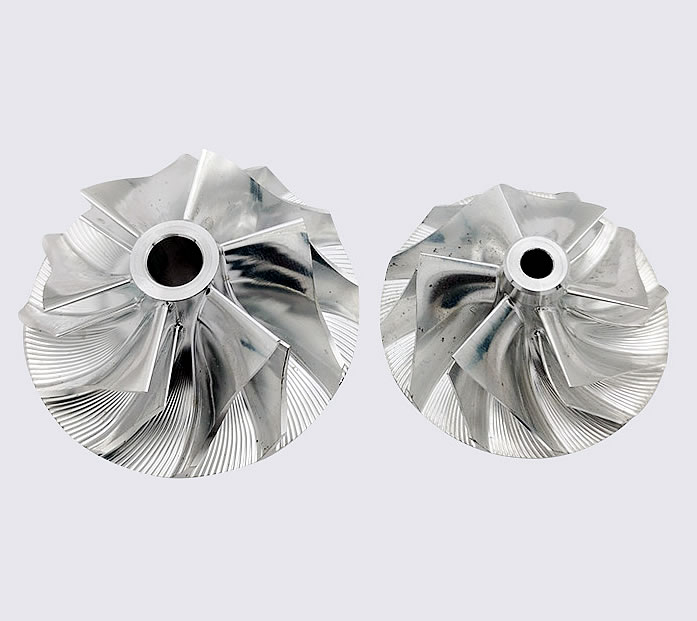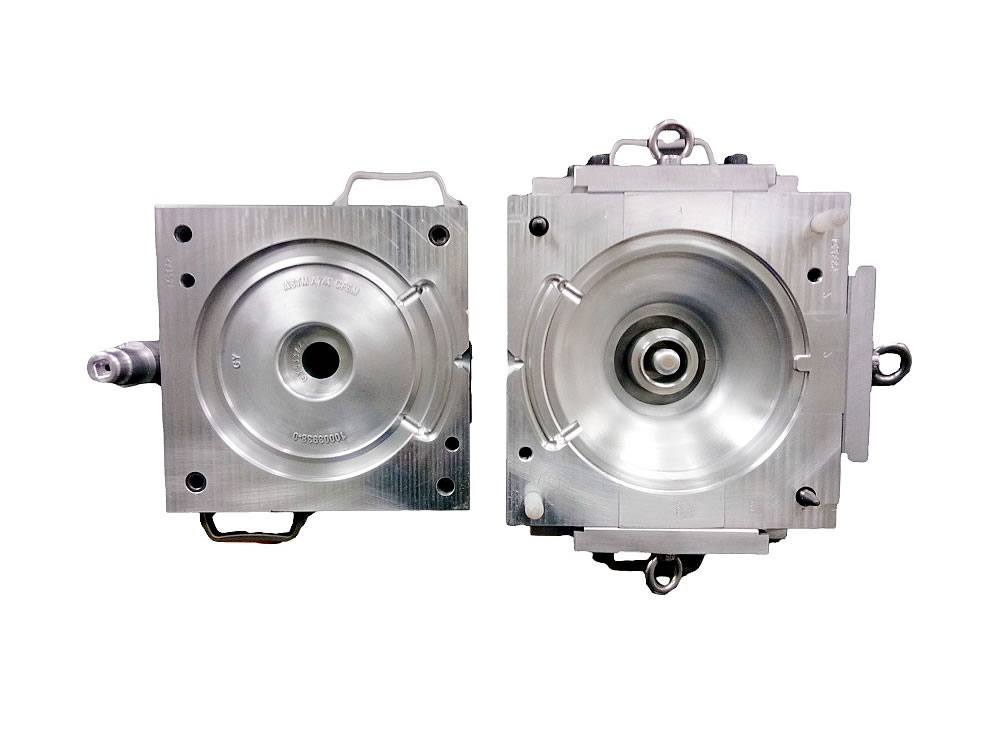Aluminum Casting Factory: The Basics of How It Works
Aluminum Casting Factories are an invaluable resource for companies that need to produce custom parts with precision and accuracy.This is a process in which molten aluminum is poured into a mold, cooled and then removed from the mold to form the desired shape. Aluminum casting factories provide a wide range of services, including die-casting, sand-casting, gravity-casting and low pressure injection molding. Aluminum castings offer many advantages over other types of manufacturing processes due to their strength, durability, light weight and cost effectiveness. This article will discuss the basics of how a factory works as well as some tips on getting the best results possible out of your production run.
1. Overview of Aluminum Casting Factory
It is the process of producing custom parts and components from molten aluminum.They are equipped with machines that can manipulate, shape, and mold aluminum into desired shapes using a variety of processes such as die-casting, sand-casting, gravity-casting and low pressure injection molding. Aluminum castings offer many advantages over other types of manufacturing processes due to their strength, durability, light weight and cost effectiveness. They provide an invaluable resource for companies that need to produce custom parts with precision and accuracy. This article will discuss the basics of how a factory works as well as some tips on getting the best results possible out of your production run.
2. The Aluminum Casting Process
The process is a complex and intricate process that requires precision and accuracy. They use specialized machines to manipulate, shape, and mold molten aluminum into desired shapes. Aluminum castings offer many advantages over other types of manufacturing processes due to their strength, durability, light weight, and cost effectiveness. The Aluminum Casting Process involves several steps such as die-casting, sand-casting, gravity-casting and low pressure injection molding which must be followed in order for the parts or components produced to meet the required specifications. In this article we will discuss the basics of how a factory works as well as some tips on getting the best results possible out of your production run.
3. Benefits of Aluminum Casting Factories
They provide a wide range of benefits for companies that need to produce custom parts with precision and accuracy. Aluminum castings offer many advantages over other types of manufacturing processes due to their strength, durability, light weight and cost effectiveness. They are equipped with machines that can manipulate, shape, and mold aluminum into desired shapes using a variety of processes such as die-casting, sand-casting, gravity-casting and low pressure injection molding. The process is an intricate process that requires careful planning in order to achieve the best results possible out of your production run. Not only do factories have the capability to produce high quality parts quickly but they also reduce costs significantly compared to traditional manufacturing methods while still maintaining consistency in product quality. By utilizing a factory you can rest assured knowing that you will receive reliable components at a fraction of the cost associated with alternative methods.
4. Different Types of Aluminum Castings
Aluminum casting is a versatile process that can be used to produce a wide variety of components and parts. Aluminum castings are produced in many different shapes, sizes and alloys, depending on the specific purpose of the part or component. Aluminum castings offer several advantages over other types of manufacturing processes due to their strength, durability, light weight and cost effectiveness. They are equipped with machines that can manipulate, shape, and mold aluminum into desired shapes using a variety of processes such as die-casting, sand-casting, gravity-casting and low pressure injection molding. They provide an invaluable resource for companies who need to produce custom parts with precision and accuracy at a fraction of the cost associated with alternative methods. In this article we will discuss some common types of Aluminum Castings available from Aluminum Casting Factories.
5. Challenges Associated with Aluminum Casting Factories and How to Overcome Them
The process is a complex and difficult process which requires accuracy and precision in order to achieve the desired results.They are equipped with specialized machines which are used to manipulate, shape and mold molten aluminum into the desired shapes. While Aluminum Castings offer many advantages over other manufacturing processes due to their strength, durability, light weight and cost effectiveness, they also present unique challenges. They often face issues such as porosity, poor surface finish and segregation of alloying elements which can affect the integrity of the finished product. In order to overcome these obstacles. They must carefully consider factors such as mold design, temperature control and material selection during the Aluminum Casting Process. Additionally they should take steps to ensure that their production environment and working practices meet industry standards. By following these tips factories can help to guarantee the best results possible out of their Aluminum Castings.
6. Safety Measures in an Aluminum Casting Factory
Safety Measures in an factory are highly important to ensure the safety of both workers and the Aluminum Castings being produced. They must take steps to protect their employees from potential dangers such as molten metal splatter, hot surfaces, fumes, and dust particles that are generated in the process. Common safety practices include the use of protective clothing, face shields, and safety glasses as well as proper ventilation to minimize the risk of contact burns or respiratory hazards. They should also have an emergency plan in place to respond quickly and effectively in the event of any accident or injury. By taking these steps.
7. Tips for Getting the Best Results from an Aluminum Casting Factory
They offer a reliable and cost-effective way to produce custom parts with precision and accuracy. However, Aluminum Castings can present unique challenges due to porosity, poor surface finish and segregation of alloying elements which can affect the integrity of the finished product. In order to get the best results from factories it is important for companies to consider factors such as mold design, temperature control and material selection during the process. Additionally they should ensure that their production environment and working practices meet industry standards in order to guarantee the best possible results out of their Aluminum Castings.
They are a great resource for companies looking to produce custom parts with precision and accuracy at an affordable cost. While Aluminum Castings offer many advantages, they also present unique challenges that they must be prepared to face in order to guarantee the best possible results from their Aluminum Castings. By following tips such as considering factors like mold design, temperature control and material selection during the process, as well as taking necessary safety measures in the production environment, they can help ensure successful outcomes out of their Aluminum Castings every time.


